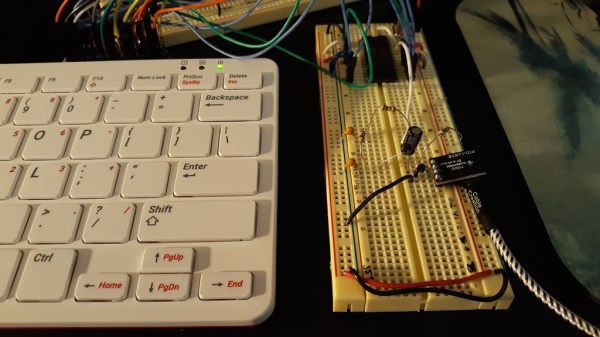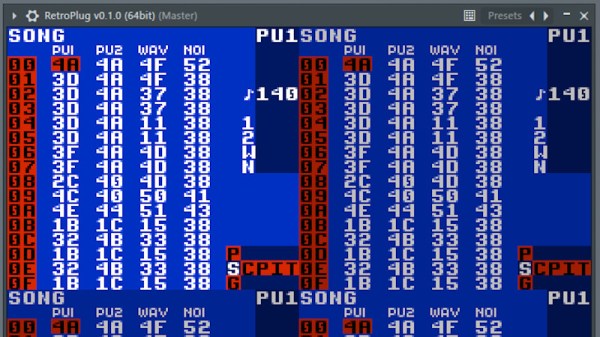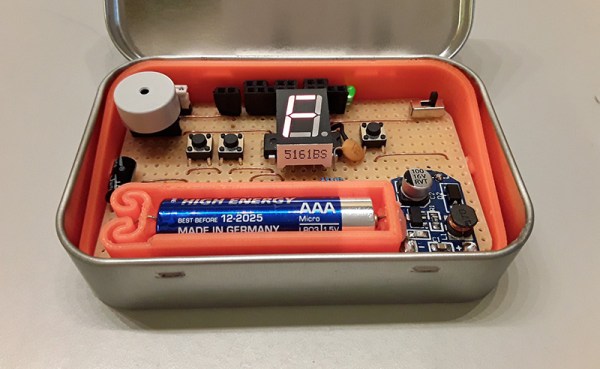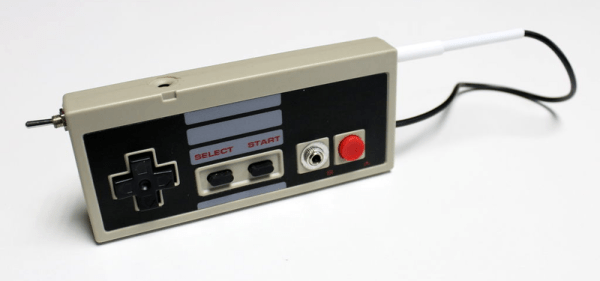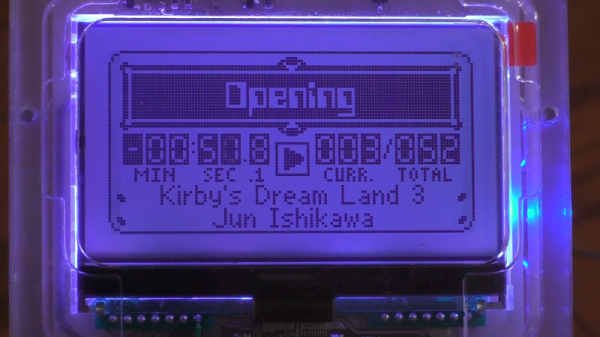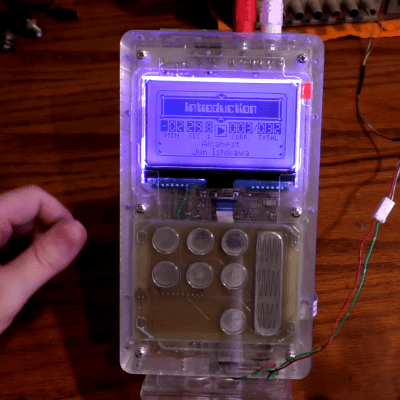We loved keygens back in the day. Our lawyers advise us to clarify that it’s because of the demo-scene style music embedded in them, not because we used them for piracy. [Patch] must feel the same way, as he has a lovely historical retrospective out on “The Internet’s Most Illegal Music” (embedded below).
After defining what he’s talking about for the younger set, who may never have seen a keygen in this degenerate era of software-by-subscription, [Patch] traces the history of the jaunty chiptunes that were so often embedded in this genre of program. He starts with the early demoscene and its relationship with cracker groups — those are coders who circulate “cracked” versions of games, with the copyright protection removed. In the old days, they’d embed an extra loading screen to take credit for the dastardly deeds that our lawyer says to disavow.
Continue reading “Remembering Chiptunes, The Demoscene And The Illegal Music Of Keygens”


